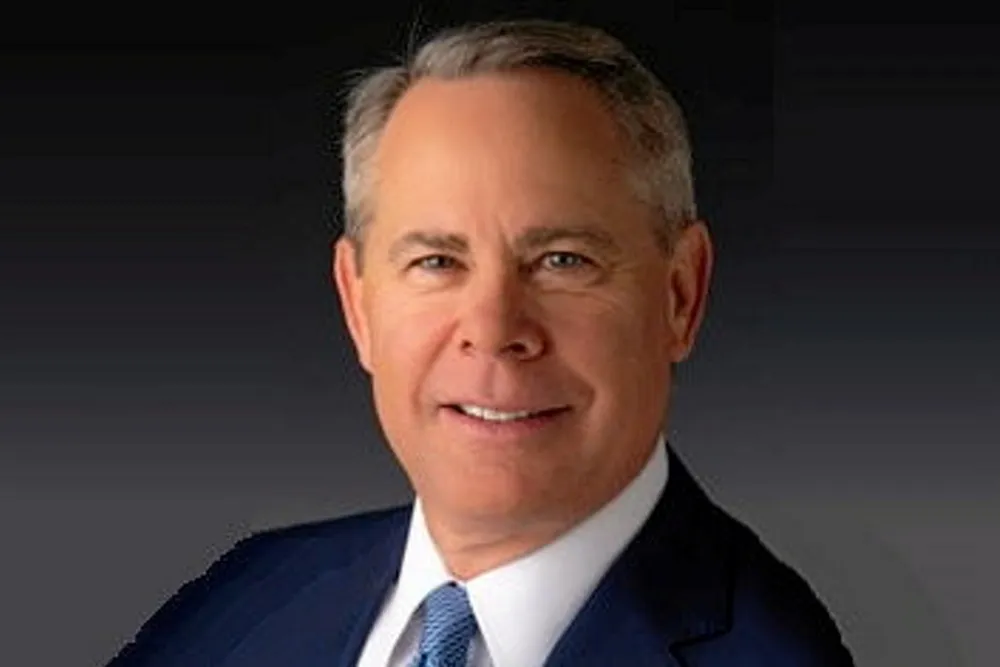Green giant NextEra CEO downplays US election risks for lucrative clean energy tax credits
Eliminating the incentives worth at least $800bn 'wouldn't make sense' given their consumer and economic growth benefits, says John Ketchum

US renewables industry pacesetter NextEra Energy anticipates federal tax credits for wind, solar, and battery storage to remain in place regardless of November national election results, CEO John Ketchum said on an earnings call Wednesday.
“While we would expect the heated rhetoric through the fall campaign, we feel good about where things stand,” he said.
The credits for those technologies are available for at least a decade through the Inflation Reduction Act (IRA), the landmark climate law signed in August 2022 by President Joe Biden, who on Sunday informed the nation that he is not running for reelection.
These and other lucrative IRA clean energy credits are worth at least $800bn through 2033, according to a revised estimate in February by the nonpartisan Congressional Budget Office, versus its initial $391bn forecast.
The upward revision reflects both the credits’ greater than anticipated popularity with electric utilities, project developers, and supply chain investors rushing to claim them, and the limited restriction on their use.
Even the CBO estimate may be conservative. Banks such as Goldman Sachs to private energy consultancies including Wood Mackenzie expect use of the credits will add between $1.2trn and $2trn to federal deficits.
Republican party presidential candidate Donald Trump has vowed to end “green new scam” spending he claims will total trillions of dollars, calling tax credits for wind and electric vehicles a “ridiculous and actually incredible waste” by Democrats in Congress.
Vice President Kamala Harris, the presumptive replacement for Biden, cast the deciding vote that broke a 50-50 deadlock and enabled passage of IRA on a party-line vote in the Senate.
In the US, the vice president also serves as president of the Senate and can only cast a tie-breaking vote if it is affirmative. Harris is supportive of Biden’s ambitious 2035 target for the US to achieve a carbon-free electric grid.
Ketchum told analysts on the call that climate law incentives favour Republican states more than Democratic ones.
“We’ve seen an increase in the number of Republican lawmakers that are embracing clean energy credits within the IRA as they see the positive impact to their states and communities, which is hard to turn away from,” he claimed.
Ketchum, who holds a Master of Laws degree in taxation, noted that tax laws are “very difficult to overturn,” adding, “We’re very likely to have thin majorities in the House and the Senate.”
He highlighted the important role that renewables play in the national drive for energy independence, noting they are not subject to fuel price volatility, and create jobs and a property tax base that transforms rural communities.
“Low-cost renewables are also bringing power bills down which attract new investment from data centres, semiconductor chip manufacturers, and other sectors that are looking to invest in the US,” he said. “Low power bills can really dictate which states they select to make those investments.”
US tariffs, which both political parties are more predisposed to raise, particularly on Chinese solar products and in Trump’s case, clean energy inputs such as steel, will further drive investment in the US, according to Ketchum. “Power demand is only going to go up from here.”
He added: “Our country is going to need low-cost, fast deploy electricity more than ever. Renewables are the quickest to market and the lowest cost option in almost every state. Otherwise, we’re going to slow down and curtail economic growth in our own country and the credits all flow directly to customers in the form of lower power prices.”
With all those benefits in mind, eliminating the credits “just wouldn’t make sense,” he argued.
Ketchum further observed that despite recent US political instability – Biden’s decision to retire, a failed attempt to assassinate Trump, and market concerns over policy changes if Trump wins – there has been no customer hesitation to sign new contracts with NextEra’s competitive renewable energy business.
“The short answer is absolutely not,” he said, noting NextEra Energy Resources last quarter had its second-best origination period with more than 3GW of solar, wind, and battery storage.
(Copyright)